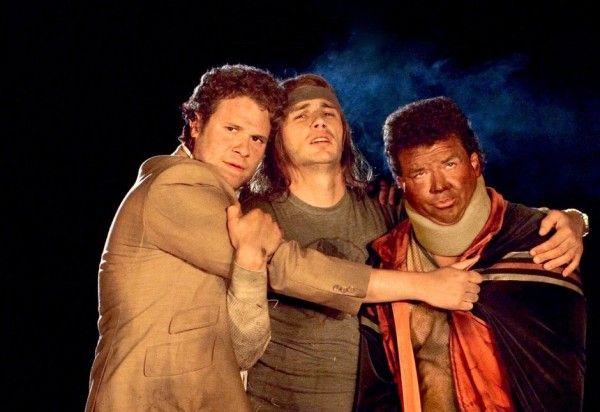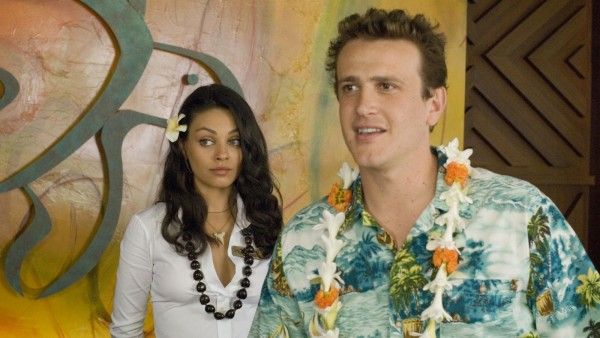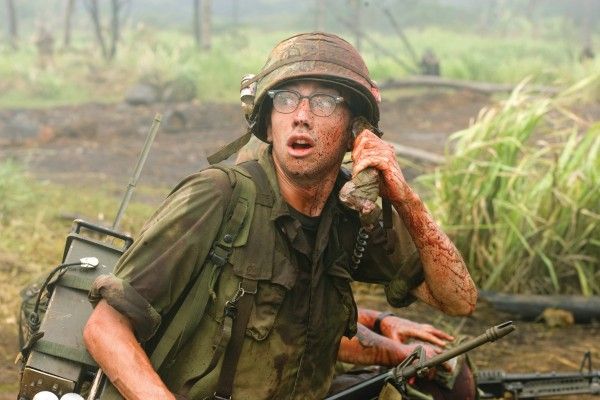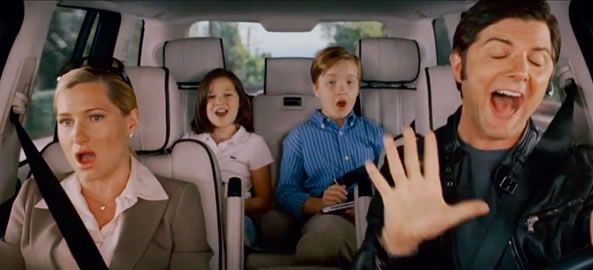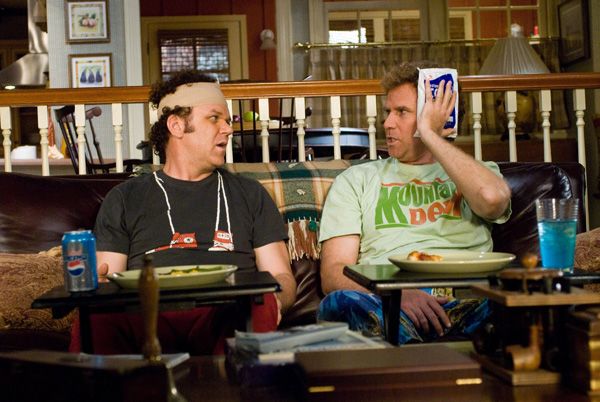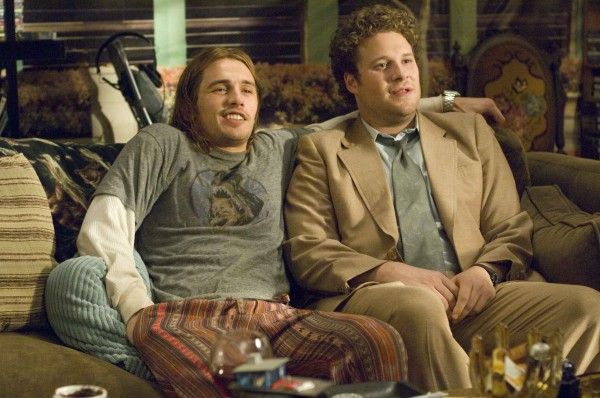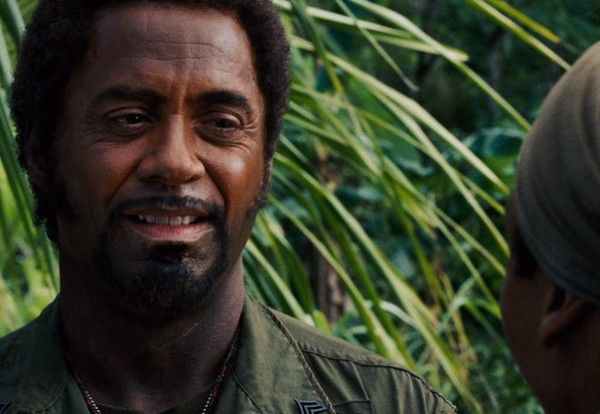The comedy genre has been around since the dawn of motion pictures, and given its longevity, it’s also consistently been one of the most malleable. Every few years or so, cinematic comedic tastes shift or evolve—sometimes dramatically. The 80s were the heyday for the teen sex comedy; the 90s dropped the “sex” part, until American Pie brought it back around again. But one of the most significant changes in the comedy genre came in the mid-2000s with the arrival of Judd Apatow. The Freaks and Geeks co-creator melded a harshly realistic tone with a loose approach to jokes and crafted The 40-Year-Old Virgin, which was a crossover hit with audiences and critics alike. Apatow’s influence subsequently reached far and wide, but 2008 was a key year in the comedy genre’s evolution with the arrival of a series of films that would prove influential and groundbreaking for the comedy genre’s future, not just in terms of tone but also talent.
The 40-Year-Old Virgin hit theaters in 2005, and Apatow followed that film up with another pair of successes in 2007: Knocked Up, which he wrote and directed, and Superbad, which he produced. These films shared a lot in common with regards to tone, cast, and behind-the-scenes players, and indeed the “new class” would make its debut in 2008 with a pair of Apatow-produced films: Pineapple Express and Forgetting Sarah Marshall.
Pineapple Express served as the second film written by Seth Rogen and Evan Goldberg, who wrote the instantly iconic Superbad. With Express, however, the two stretched their ideas of the comedy genre by flirting with action. Inspired by 80s films like Midnight Run, Pineapple Express is essentially a throwback buddy comedy mixed with a stoner movie. Rogen stars opposite James Franco, and the two Freaks and Geeks alums showcased a tremendous chemistry that also somewhat revitalized Franco’s career, with Danny McBride also announcing himself as a talent to watch.
In the wake of Freaks and Geeks, Franco turned to dramatic acting to mixed results. His role in the Spider-Man trilogy kept the lights on, but his lead turns in films like Annapolis and Tristan + Isolde landed with a bit of a thud. Pineapple Express reunited Franco with his Freaks and Geeks collaborators, and in taking the “wild” part opposite Rogen’s straight man, he showed the world he had a terrifically goofy side. Franco didn’t give up dramatic acting for good—Milk and 127 Hours came just a few years later—but the actor also started having more fun to greater success in films like Date Night, Your Highness, and Spring Breakers. Pineapple Express also ignited a close collaboration with Rogen that would continue to immense success in the films that Rogen and Goldberg would later direct.
Indeed, Pineapple Express was not only key in Franco’s career, but also set a path forward for Rogen and Goldberg to express their own voices. The 2008 film found the duo broaching action and genre for the first time, under the direction of David Gordon Green who himself would use Pineapple Express as a stepping stone to more ambitious projects. The very next film that Rogen and Goldberg wrote was The Green Hornet, a too-ambitious comic book adaptation, and while that film was a lesson learned, you can see the roots of Pineapple Express really sprout in Rogen and Goldberg’s excellent directorial debut This Is the End, and subsequently in The Interview and their TV projects like Preacher and Future Man.
Rogen and Goldberg never left their comedy roots behind, and Superbad remains a tremendous achievement, but you feel the duo really playing with convention and genre in Pineapple Express in a way that would later become more fully realized. It’s an important growth moment not only in their careers, but in Franco’s and Green’s as well.
But there was another Apatow acolyte going his own way in 2008: Jason Segel. Indeed, the Freaks and Geeks star mined his personal heartbreak to write the script for Forgetting Sarah Marshall, which still stands 10 years later as one of the best romantic comedies of the century. The Apatow-produced comedy solidified Segel as leading man material, which led directly to starring roles in films like I Love You, Man and The Muppets. The film also served as further proof that Superbad breakout Jonah Hill had much more to offer, and successfully launched the careers of Russell Brand and director Nicholas Stoller, the latter of whom’s credits now range from Neighbors to the animated feature Storks.
Apatow wasn’t the only one involved in pivotal 2008 comedies, however. The year’s biggest comedic hit was Tropic Thunder, a large-scale action-comedy directed by Ben Stiller. The film directly took on Hollywood’s excesses and ego, and Stiller assembled an A-list cast that included himself, Jack Black, and even Tom Cruise. But the film also featured an Apatow alum in a substantial role: Jay Baruchel. The actor had led his own TV show with the Apatow-produced Undeclared, but Tropic Thunder was by far his most high-profile project, and in the wake of its success he found himself leading his own projects like She’s Out of My League and the How to Train Your Dragon franchise.
Tropic Thunder was also key for Robert Downey Jr., who earlier that year had essentially be reintroduced to audiences via Iron Man. It’s important to remember that at this time, Downey Jr. was still a talented individual, but his star had fallen significantly due to personal addiction battles. If Iron Man was the film that turned heads, Tropic Thunder is the one that solidified the RDJ comeback—complete with an Oscar nomination for Best Supporting Actor.
The film was also a key precursor for the “McConaissance,” as Matthew McConaughey’s memorable role as Stiller’s agent was a far cry from his romcom leading man turns with which audiences had become accustomed. Three years later, McConaughey would turn heads even further with the one-two punch of Bernie and Killer Joe, and by 2012 the McConaissance was in full swing.
Last but not least, 2008 brought us the masterpiece that is Step Brothers. Now at this time Will Ferrell was already a household name, and writer/director Adam McKay was coming off the success of Talladega Nights. This film, however, was more experimental in nature, really pushing the bar with a ridiculous premise and committed performances from Ferrell and John C. Reilly. The film pulled in over $128 million at the box office, more than both Pineapple Express and Forgetting Sarah Marshall, but it’s important to remember that in 2008, the DVD market was still booming.
McKay himself built his entire career on audiences finding his content on home video, as his feature debut Anchorman was a massive DVD hit. Likewise, Forgetting Sarah Marshall, Pineapple Express, Tropic Thunder, and Step Brothers all succeeded in the home video market, ensuring their permanent place in the pop culture zeitgeist. And while Step Brothers was toplined by established talents, it served as key early stepping stones for actors like Adam Scott and Kathryn Hahn, who now lead their own extremely successful TV shows.
Looking back 10 years later, it’s kind of crazy to think that 2008 not only brought us four great comedies, but that all of those films have stood the test of time and refused to be forgotten. Moreover, each introduced a new performer or talent who has now become a household name in his or her own right. The comedy genre shifted significantly in the mid-2000s, and while it’s still evolving, we have 2008 to thank for a lot of the great comedy we’re still enjoying today.


